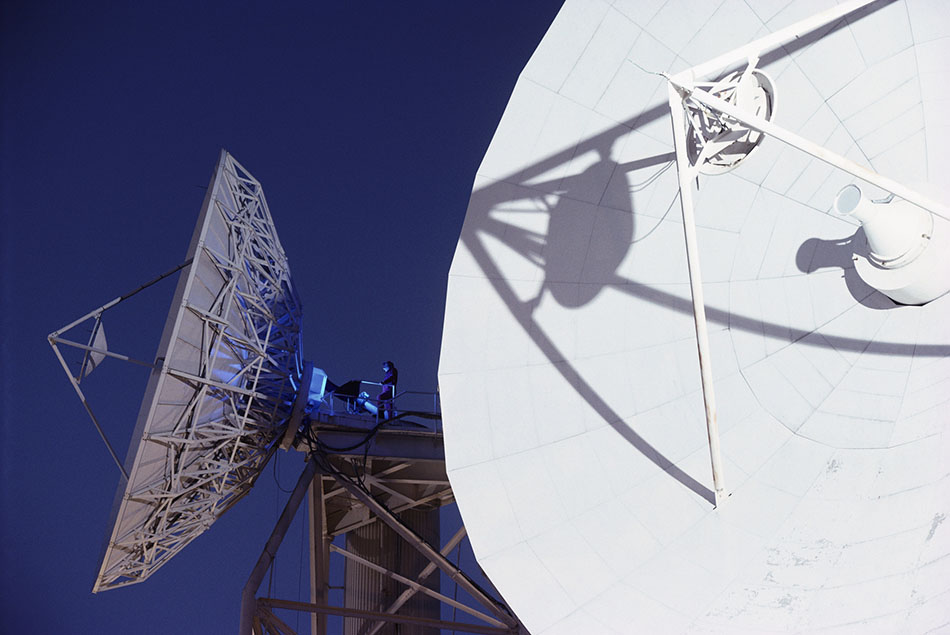Wireless, Airlines: We’ll Work Together on C-Band Solution
CTIA says January rollout of 5G in band is still on track

The smarter way to stay on top of the multichannel video marketplace. Sign up below.
You are now subscribed
Your newsletter sign-up was successful
The wireless and aviation industries have signaled they will work together to resolve issues about wireless use of C-band spectrum and interference with critical aviation systems like altimeters.
The Federal Communications Commission freed up C-band spectrum for 5G wireless use, auctioning it for a record $81.1 billion. Its engineers said that wireless and incumbent aviation systems could share the band without interference, but the airline industry and the Federal Aviation Administration begged to differ.
Also: Rosenworcel Signals C-Band Aviation Power-Down
But in a joint statement Wednesday (Dec. 22), CTIA, the wireless telecommunications association, the Aerospace Industries Association, and Airlines for America signaled they would work together to get 5G launched in the band by Jan. 5, 2022.
Last month, AT&T and Verizon Communications, the biggest winners in the C-band auction, said they would delay until January their use of the spectrum for which they paid billions of dollars at auction. That decision came after the FAA expressed its continuing C-band interference concerns to The Wall Street Journal and put out a bulletin advising pilots, aircraft owners, manufacturers and others on the potential impact of 5G flexible use operations in the C-band on radio altimeters (RAs), which gauge how close a plane is to terrain.
“We are pleased that after productive discussions we will be working together to share the available data from all parties to identify the specific areas of concern for aviation,” CTIA and the airline associations said in signaling the team effort. “The best technical experts from across both industries will be working collectively to identify a path forward, in coordination with the FAA and FCC. Our belief is that by working collaboratively in good faith on a data-driven solution, we can achieve our shared goal of deploying 5G while preserving aviation safety.”
The FCC's approval of C-band use for 5G was always under the caveat that 5G not interfere with critical navigation systems.
The smarter way to stay on top of the multichannel video marketplace. Sign up below.
In fact, FCC chairwoman Jessica Rosenworcel told the Senate in written answers to questions for her nomination hearing that the agency may put new restrictions on wireless use of C-band spectrum, including a nationwide power reduction.
The FCC voted in 2020 to free up 300 MHz of C-band satellite spectrum (3.7-4.2 GHz) for terrestrial 5G broadband. Of that, 280 MHz is to be auctioned and 20 MHz is to be used as a guard band between wireless users and the incumbent satellite operators being relocated to the remaining upper 200 MHz to continue to deliver network programming to broadcasters, cable operators and other clients, and to relay video from remote locations to studios.
“The FCC continues to work productively with the FAA to ensure the safe and swift deployment of new technologies," said an FCC spokesperson. "We remain optimistic that we will resolve outstanding issues to launch 5G to meet the country’s evolving needs.”
Contributing editor John Eggerton has been an editor and/or writer on media regulation, legislation and policy for over four decades, including covering the FCC, FTC, Congress, the major media trade associations, and the federal courts. In addition to Multichannel News and Broadcasting + Cable, his work has appeared in Radio World, TV Technology, TV Fax, This Week in Consumer Electronics, Variety and the Encyclopedia Britannica.

